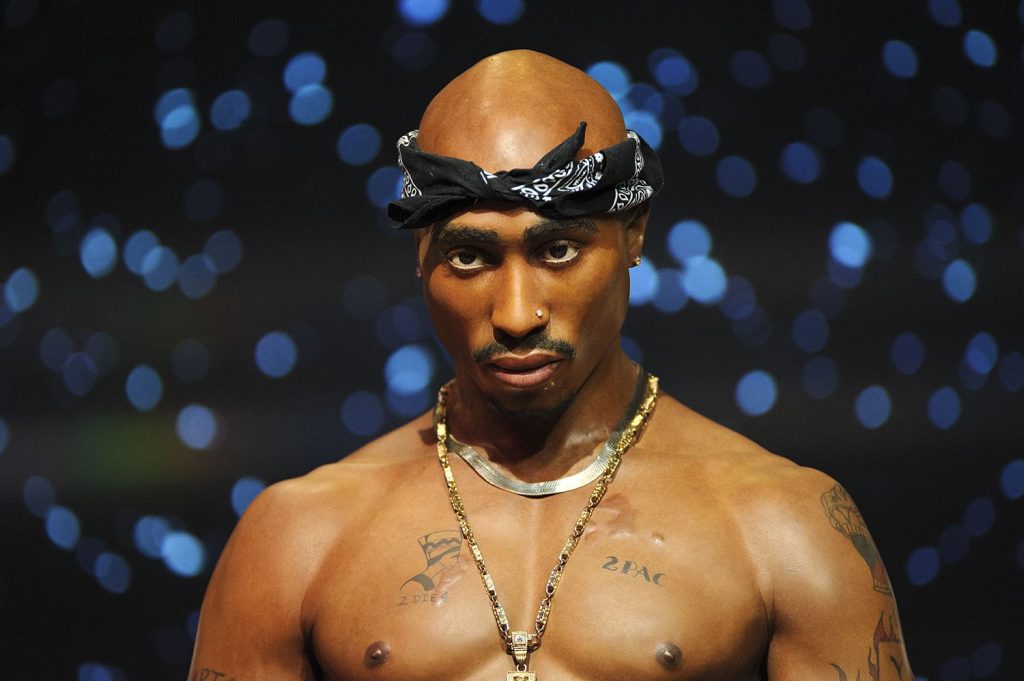
Tupac Amaru Shakur, widely known by his stage name 2Pac, was an iconic American rapper, actor, and social activist who left an indelible mark on the world of hip-hop and beyond. Born on June 16, 1971, in East Harlem, New York City, he became one of the best-selling music artists of all time, and his influence continues to shape the landscape of contemporary music and culture. This biography explores the life, career, and lasting impact of the legendary 2Pac.
Early Life and Influences
Tupac’s parents, Afeni Shakur and Billy Garland, were actively involved in the Black Panther Party, an influential revolutionary organization that advocated for civil rights and social justice. Their activism profoundly impacted Tupac’s worldview, inspiring him to become a passionate advocate for the marginalized and oppressed. His family relocated to Baltimore, Maryland, during his adolescence, where he faced challenges but found solace in writing poetry and exploring his love for the arts.
Rise to Fame
In the late 1980s, Tupac moved to the West Coast and joined Digital Underground as a backup dancer and rapper. He made his debut in 1991 with the album “2Pacalypse Now,” which brought him both critical acclaim and controversy. The album delved into sensitive topics such as police brutality and racial injustice, earning him recognition as a socially conscious rapper. Throughout the early 1990s, 2Pac continued to release successful albums like “Strictly 4 My N.I.G.G.A.Z.” and “Me Against the World.”
Struggles and Legal Issues
Amid his rising fame, 2Pac faced numerous legal troubles, including a high-profile sexual assault case that led to his imprisonment in 1995. Behind bars, he deepened his connection with poetry and self-reflection, which was evident in his next album, “All Eyez on Me,” released shortly after his release on bail in 1996. This double-disc album solidified his status as one of the greatest rappers in history.
East Coast-West Coast Feud
2Pac was embroiled in the infamous East Coast-West Coast hip-hop feud, primarily with The Notorious B.I.G. and his crew from the East Coast. This feud escalated tensions in the hip-hop community, leading to tragic consequences for both artists. Tragically, on September 7, 1996, 2Pac was shot multiple times in a drive-by shooting in Las Vegas. He passed away six days later on September 13, 1996, at the young age of 25.
Legacy and Impact
Even after his untimely death, 2Pac’s influence continued to grow, and his music resonated with fans worldwide. His posthumous albums like “The Don Killuminati: The 7 Day Theory” and “R U Still Down? (Remember Me)” further solidified his status as a legendary figure in hip-hop. The themes of social inequality, urban life, and the struggles of the African-American community in his music remain relevant to this day.
Beyond music, 2Pac’s legacy extends to social and political activism. He advocated for racial equality, spoke out against police brutality, and inspired countless individuals to stand up for their rights. His activism was rooted in compassion and empathy, aiming to bring about positive change in society.